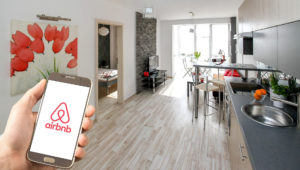 Whether it is for residential, professional, or commercial use, the rental agreement defines the rights and obligations for both the landlord and the tenant. Through this agreement, one party (the landlord) commits to providing the other party (the tenant) with a property they own, in exchange for the payment of rent and associated charges.
Whether it is for residential, professional, or commercial use, the rental agreement defines the rights and obligations for both the landlord and the tenant. Through this agreement, one party (the landlord) commits to providing the other party (the tenant) with a property they own, in exchange for the payment of rent and associated charges.
The lease agreement binds both parties to comply with public order rules established by the French Civil Code, as well as any specific statements they may have chosen to include in this document.
The different types of lease agreements
The property made available can be subject to :
- a residential lease (house or apartment, for a minimum duration of 3 years);
- a non-commercial lease (for liberal professions, with a duration not less than 6 years) ;
- a commercial lease (for a merchant, artisan, or industrialist, with a duration not less than 9 years, except in specific cases provided for under Article L. 145-5 of the French Commercial Code).
The property can be rented furnished or unfurnished, for a long or short duration (furnished rental, short-term rental, or seasonal rental). It can also include garages or car parks.
Each of these specific types of lease can lead to disputes between the landlord and the tenant if the obligations/conditions defined in the lease agreement are not respected.

